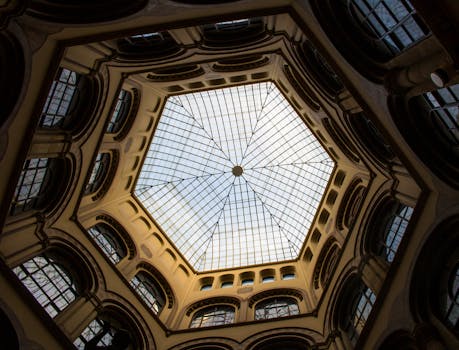
Traveling Through Time: How Europe’s Historical Heritage Shapes Modern Lifestyles in 2025
Traveling Through Time: How Europe’s Historical Heritage Shapes Modern Lifestyles in 2025. Europe, a continent steeped in history and culture, has a profound impact on modern lifestyles. From the grandeur of ancient Rome to the Renaissance masterpieces of Italy, Europe’s historical heritage is a treasure trove of inspiration, influencing everything from architecture to art, fashion, and cuisine.
The Legacy of Ancient Civilizations
Ancient civilizations such as Greece and Rome have left an indelible mark on European culture. The Greeks, with their emphasis on philosophy, theater, and democracy, have inspired modern Western society. The Romans, with their engineering prowess, administrative skills, and architectural innovations, have shaped the urban landscape of Europe. The Colosseum, the Pantheon, and the Roman Forum are just a few examples of the many ancient structures that continue to awe and inspire visitors from around the world.
The Renaissance and Its Impact on Modern Culture
The Renaissance, which emerged in Italy in the 14th century, marked a significant turning point in European history. This cultural and intellectual movement, characterized by a renewed interest in classical learning and a sense of humanism, has had a lasting impact on modern culture. The works of artists such as Leonardo da Vinci, Michelangelo, and Raphael continue to inspire and influence contemporary art, design, and architecture. The Renaissance also saw the emergence of new scientific and philosophical ideas, which have shaped modern Western thought and continue to influence fields such as science, technology, and medicine.
Preserving Historical Heritage in the Modern Era
In 2025, Europe’s historical heritage remains a vital part of modern lifestyles. Efforts to preserve and protect historical sites, monuments, and cultural artifacts are ongoing, with many organizations and governments working to ensure that these treasures are safeguarded for future generations. The European Union, for example, has implemented various initiatives to promote cultural heritage and support the preservation of historical sites. Additionally, many European cities are incorporating historical elements into their modern urban planning, creating unique and vibrant public spaces that blend the old with the new.
Modern Lifestyles Inspired by Historical Heritage
Europe’s historical heritage continues to inspire modern lifestyles in many ways. Fashion, for example, is heavily influenced by historical styles, with designers often incorporating elements of ancient Greek, Roman, or Renaissance-era fashion into their designs. Cuisine is another area where historical heritage has a significant impact, with many traditional European dishes and cooking techniques still enjoyed today. Architecture, too, is influenced by historical styles, with many modern buildings incorporating elements of classical design.




